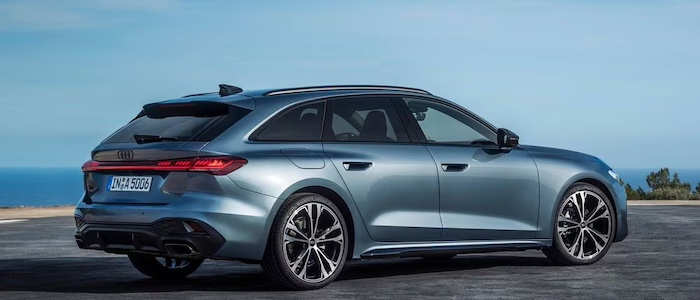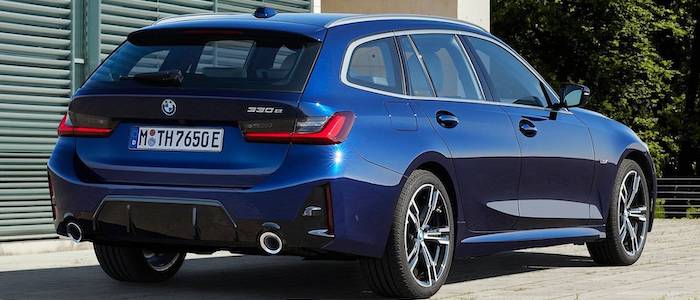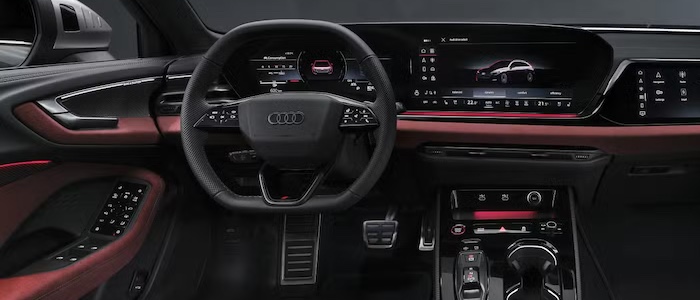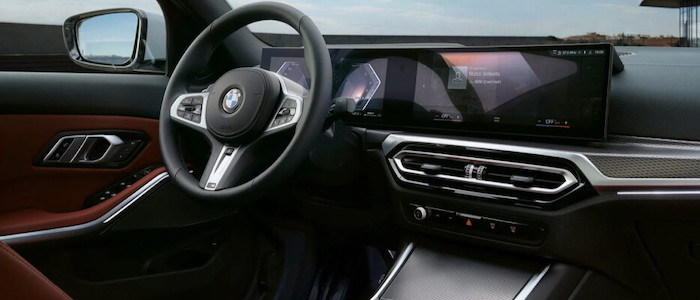Compare two cars
Compare any two cars and get our Virtual Adviser™ opinion
Dimensons & Outlines
Check vehicle history
Engine
2.0 TDI EA288 evo DFBA
Performance (manual gearbox)
Performance (automatic gearbox)
Expenses
Virtual Adviser's™ opinion
Well, these are two pretty similar cars we have here! It's only details that could potentially make the difference. Considering they both belong to the large family car segment and utilize the same 5-door wagon body style and the 4 x 4 wheel drive system, it all comes up to the specific diesel engine choice they offer. The first one has a Volkswagen-engineered powertrain under the hood, a 4-cylinder, 16-valves 204hp unit, while the other one gets its power and torque from a 4-cylinder, 16-valves 190hp engine designed by BMW.
SafetyThe fact that the BMW got tested by the European New Car Assessment Programme (Euro NCAP), while the other contender didn't, puts it sky-high safety-wise, in my eyes at least. Moving further on, let's take a closer look at some additional safety-related facts. Both vehicles belong to the large family car segment, which is generally a good thing safety-wise, but it doesn't do much to help us decide between the two. Furthermore, taking kerb weight as an important factor into account, Audi A5 offers a considerable difference of 12% more metal.
ReliabilityI don't like generalizing things when it comes to reliability, although it does seem that both brands display similar results in faults and breakdowns, all the models observed together. These are the official statistics, while our visitors describe reliability of Audi with an average rating of 4.2, and models under the BMW badge with 4.1 out of 5. Unfortunatelly, I don't have enough insight that would allow me to comment in more details on the specific models level. That apart, owners of different cars powered by the same engine as Audi A5 rank it on average as 3.0, while the one under the competitor's bonnet gets 3.6 out of 5.
Performance & Fuel economyAudi is a bit more agile, reaching 100km/h in 0.6 seconds less than its competitor. In addition to that it accelerates all the way to 236 kilometers per hour, 11km/h more than the other car. When it comes to fuel economy things look pretty much the same for both cars, averaging around 5.8 liters of fuel per 100 kilometers (49 mpg), in combined cycle.
Verdict
BMW appears just a bit more reliable, although the difference is truly marginal. The most important thing when deciding between any two vehicles should always be safety, both passive and active. In my opinion, everything taken into account, 3 Series beats the other contender by far, making it the best choice without even considering other things. From there things take a different direction, with Audi outracing its opponent in any situation possible, making it better choice for boy racers. To make things even better, it consumps less fuel! It's really tough to make a final decision here, but if I'd need to, I'd say Audi. In any case that's my personal view, built upon all the data available to me. What should decide here though is the way you feel about the two vehicles, and I hope you'll find my guidelines useful in the process. I suggest you spend two more minutes in order to find out which car, based on your needs and budget, would be picked by the virtual adviser™, among thousands of similar, yet so different vehicles.



































